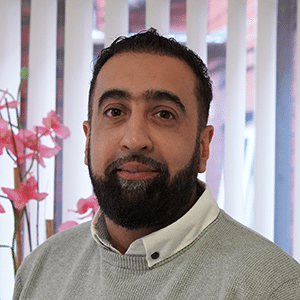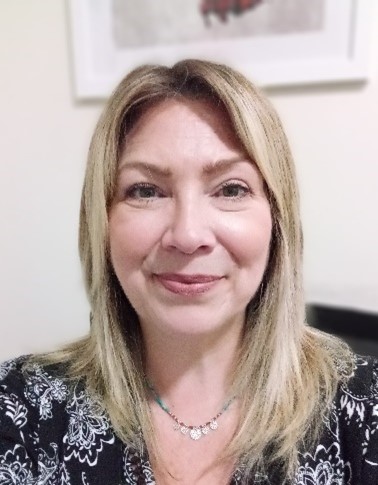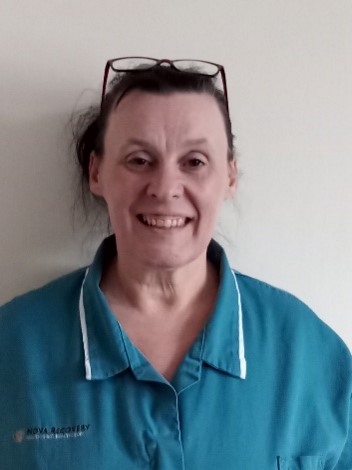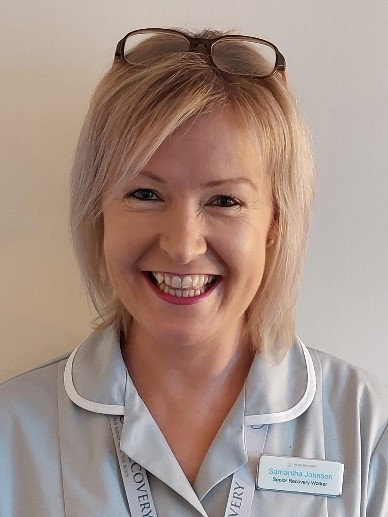Alcohol Treatment for Veterans
The Armed Forces will usually provide military personnel with support to help them overcome any mental health issues or alcohol addictions. However, this support provided by the Armed Forces can make them feel isolated from their peers, resulting in them seeking mental health and addiction support elsewhere.
We dedicate our time to helping those who need it most. With our evidence-based treatments and personalised addiction treatment programmes, we’re ready and able to support your journey to long-term recovery from alcohol addiction.
We will support your psychological and your physical health as we carefully select the addiction treatments which we believe will benefit you most.
Detoxification is the first stage of inpatient care. This is when you gradually reduce your alcohol consumption until eventually, you’re free from drinking. It’s crucial that you only ever undergo a detox within a professional rehab setting where you’re supervised by a team of addiction specialists.
It’s likely that withdrawal symptoms may present themselves, but our team can ease the discomfort with prescribed medication if needed. Some of the most common withdrawal symptoms we see include nausea, headaches, dizziness, seizures, insomnia, and delirium tremens (the DT’s).


















